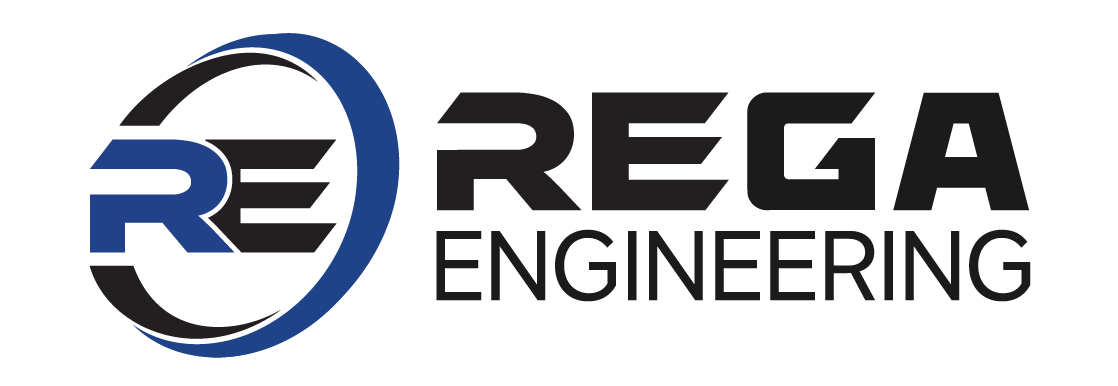Stormwater Management Solutions
Share:
Stormwater management is a critical issue in urban areas around the world. As cities continue to grow and develop, their impervious surfaces, such as roads, parking lots, and buildings, have resulted in increased stormwater runoff. If left unmanaged, this runoff can cause flooding, erosion, and pollution of our water bodies.
However, there are several effective solutions available that can help mitigate our stormwater problems. In this blog post, we will explore four main points about stormwater management solutions and their importance in creating sustainable and resilient cities.
Individual Stormwater Management Solutions
Stormwater management plays a crucial role in mitigating the adverse effects of urban runoff. While various individual solutions can be employed concurrently to address this issue, sometimes just one solution is necessary. That’s why we’re discussing three common solutions for urban stormwater runoff.
1. Green Infrastructure
One of the key approaches to stormwater management is the implementation of green infrastructure. Green infrastructure refers to the use of natural or engineered systems to manage stormwater and mimic the natural water cycle. This can include techniques such as green roofs, permeable pavement, rain gardens, and bioswales. These green infrastructure solutions help to absorb, store, and filter stormwater, reducing the volume and velocity of runoff. They also provide numerous additional benefits such as improving air quality, enhancing urban aesthetics, and creating habitat for wildlife.
2. Detention and Retention Basins
Detention and retention basins are another important stormwater management solution. These basins capture and temporarily store stormwater runoff, slowly releasing it over time. Detention basins are typically used in urban areas to manage peak flows during heavy rainfall events, while retention basins are conversely located in natural areas to promote infiltration and groundwater recharge. These basins simultaneously help control flooding and remove pollutants from the stormwater before it enters communal water bodies.
3. Stormwater Harvesting
Stormwater harvesting is an innovative approach to stormwater management that involves collecting and storing rainwater for beneficial use. Instead of letting stormwater go to waste, it can be captured and used for irrigation, landscape maintenance, and even potable water supply. Stormwater harvesting systems can range from simple rain barrels to more complex underground storage tanks and treatment systems. By utilizing stormwater as a valuable resource, we can reduce the demand for freshwater sources and promote sustainable practices.
Integrated Stormwater Management Plans
Alongside individual solutions, it's crucial to develop and implement comprehensive integrated stormwater management plans. These plans consider the entire watershed and address stormwater on a broader scale. Integrated plans involve collaboration among various stakeholders, including government agencies, local communities, and experts in the field.
They aim to identify and prioritize areas prone to stormwater issues, establish monitoring and maintenance protocols, and coordinate efforts to achieve sustainable stormwater management goals. By taking a holistic approach, integrated stormwater management plans provide effective and resilient strategies for changing urban landscapes and climate patterns.
Innovative Technology Solutions
As technology continues to advance, there's an increasing array of innovative solutions to manage stormwater. These technological advancements offer promising opportunities to enhance the efficiency and effectiveness of stormwater management practices. For instance, smart stormwater management systems utilize sensors, real-time data analysis, and automated controls to optimize the operation of stormwater infrastructure, such as pumps, valves, and detention basins.
Additionally, advanced modeling and simulation tools enable engineers to assess and predict the performance of stormwater management strategies before implementation. Furthermore, emerging technologies like green roofs with integrated monitoring systems and permeable pavements with embedded sensors contribute to more precise and data-driven stormwater management. By harnessing these innovative technology solutions, we can further improve our ability to manage stormwater, minimize impacts, and create more sustainable urban environments.
How Engineers Manage Stormwater
Engineers play a vital role in designing, implementing, and maintaining effective stormwater management solutions. Their expertise is crucial in developing innovative and sustainable approaches to mitigate the impacts of stormwater runoff. Engineers work closely with urban planners, environmental scientists, and policymakers to assess a given area's specific needs and challenges before developing customized strategies.
Engineers also play a crucial role in integrating technology that manages our community's stormwater. They leverage their understanding of sensor systems, data analysis, and modeling tools to optimize the performance and efficiency of stormwater infrastructure. By utilizing advanced technologies, engineers can collect real-time data, monitor system performance, and make informed decisions to mitigate stormwater.
Furthermore, engineers contribute to the ongoing maintenance of stormwater infrastructure. They assess the condition of stormwater facilities, conduct routine inspections, and implement maintenance plans to ensure their continued functionality and effectiveness. Engineers also provide valuable expertise in retrofitting existing infrastructure to meet evolving stormwater management requirements.
Work With Experienced Civil Engineers
Excessive stormwater is a pressing issue in urban areas, but with the right solutions, we can mitigate its negative impacts and create more sustainable cities. With green infrastructure, detention and retention basins, and stormwater harvesting systems, we improve and conserve our valuable water resources. Our communities and engineers must work together to embrace these solutions and build a thriving future for our cities.
With our
combined expertise, we are well-prepared to address your inquiries and concerns.
Contact our skilled engineers today via phone, email, or online. Over our 20-year journey, we’ve prioritized reliability and focus to deliver high-standard projects that positively impact our community. By taking action today, we can pave the way for a more resilient and conscious future.

